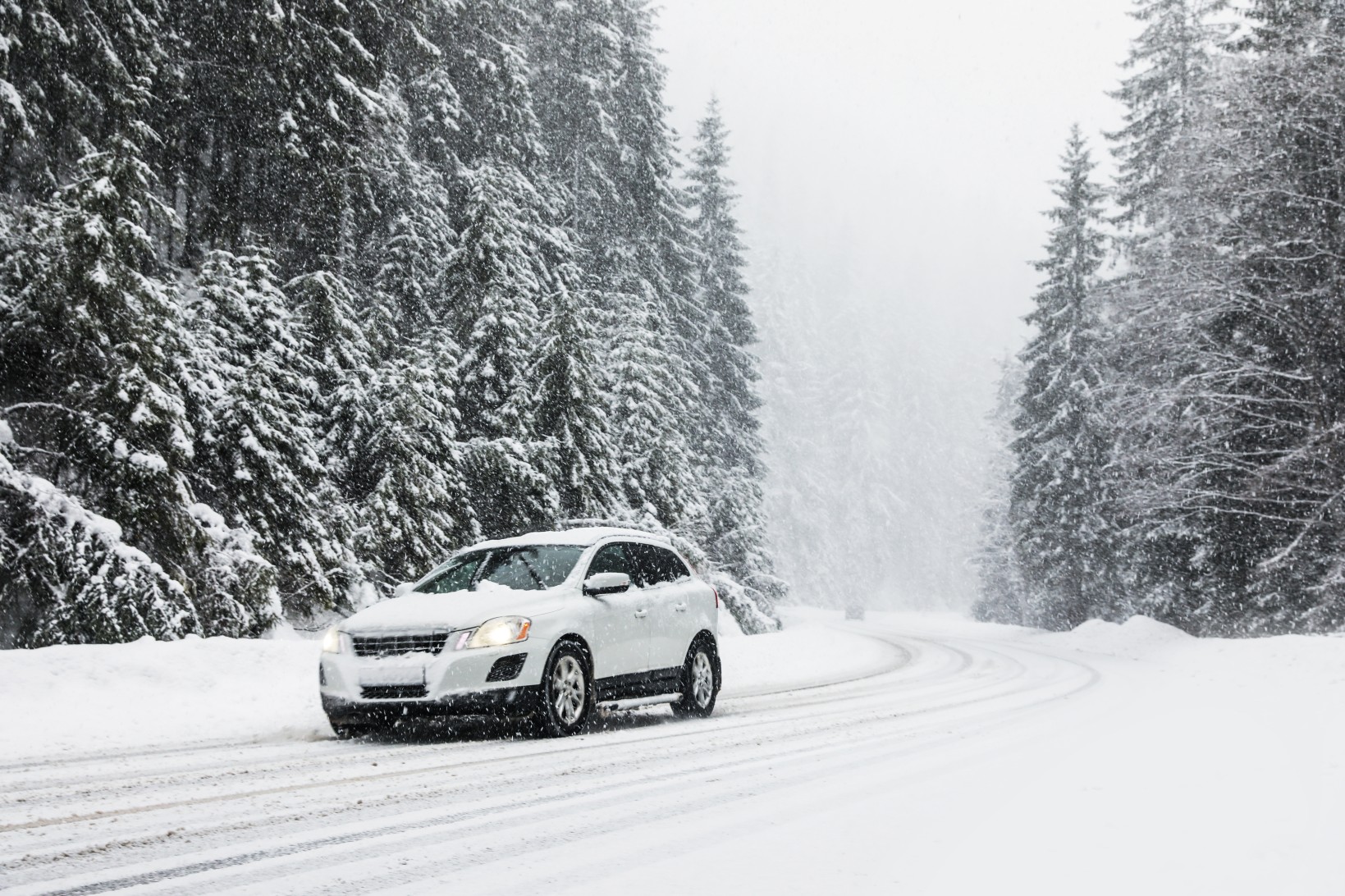
Heavy Rain, Flooding, and Chance of Severe Weather Staring Down the Southern U.S.
January 22, 2024
Posted: November 8, 2023 9:15 am





Denver is in for a drastic change in the weather this week as the second major snowfall of the season bears down on the city at the foot of the Rocky Mountains. While Tuesday was another beautiful day in the Mile High City, this pleasant weather pattern is coming to a screeching halt.
When the Warm Weather Will Come to an End in Denver
Temperatures continued to hover well above the average for the beginning of November on Tuesday. Denver climbed to a high of about 73 degrees under mostly sunny skies, continuing the trend of temperature readings landing about 15 to 20 degrees above the historical norm.
Clouds moved in during the overnight hours, creating the way for rain to develop heading into the early morning. Overnight lows on Tuesday night dipped to just below the 40-degree benchmark.
Much cooler air will settle over the region on Wednesday. Denver is forecast to see temperatures max out at about 50 degrees during the peak afternoon heating hours. Overnight temperatures that fall to about 34 degrees will support the development of snow showers.
The chance of snow will not stick around for long along Colorado’s Front Range. Temperatures will be back on the upswing by Friday.
Why the Weather Varies so Wildly in November for the Colorado Front Range
This pattern is normal for November along the western slopes of the Rockies. It is not unusual for temperatures to fluctuate upwards of 20 degrees from day to day. The most significant influencing factor behind these temperature changes is the direction of the wind. For instance, air coming from the southwest or the west is compressed as it moves closer to the ground. This compression helps to heat the air and generate warmer temperatures near the surface. This pattern also typically results in a lack of moisture.
Conversely, winds coming from the east or northeast tend to cool down as they ascend. This movement also pulls more moisture out of the atmosphere, leading to both substantially cooler temperatures as well as the chance of precipitation. Residents of the Colorado Front Range are no stranger to temperatures dropping as much as 40 degrees in a matter of hours as the wind direction changes.
As is this case this week, the winds flipping directions will bring in much colder air and the chance of snow. While Denver will miss out on meaningful snow accumulation compared to what it recorded in late October, the higher terrains are expected to see more of the white stuff.
Snowfall Expectations for This Storm System
Forecasters are calling for about 1 to 3 inches of snow for the Denver metro area with 3 to 6 inches possible in the western suburbs. Meanwhile, the foothills could see up to a foot of snow out of this mid-week system.
The warmer temperatures that preceded this burst of snow for the Denver area will help to keep the moisture from accumulating on the roads. Most motorists will encounter slushy conditions at worst. However, the weather is known to change on a dime in Denver and its surrounding communities. Air travelers using Denver International Airport should also prepare for potential delays on Thursday morning.
Any snow that does fall in the Denver area will melt quickly. High temperatures are forecast to rebound quickly, hitting the mid 50s by Friday and the 60-degree threshold by Sunday.
Diving Into Denver’s Typical Snowfall Patterns
Although this may seem early to start seeing snow for most areas of the U.S., Denver tends to receive a good amount of snowfall during the fall months. The late autumn and the late winter and early spring are the two most likely times of the year for the city to pick up significant snow.
This influx of snow in the latter part of the fall is due to the southward drop in the jet stream this time of the year. This dip brings the storm track closer to the city before it retreats back to the north. However, during the middle of the winter season, the jet stream and its associated storm track typically pushes farther to the south.
When looking at averages, Denver picks up about 4.5 inches of snow during the month of November. This is despite some stretches of warmer weather that will make you feel as if winter is still far away.
Did you find this content useful? Feel free to bookmark or to post to your timeline for reference later.

January 21, 2024

January 19, 2024

January 18, 2024